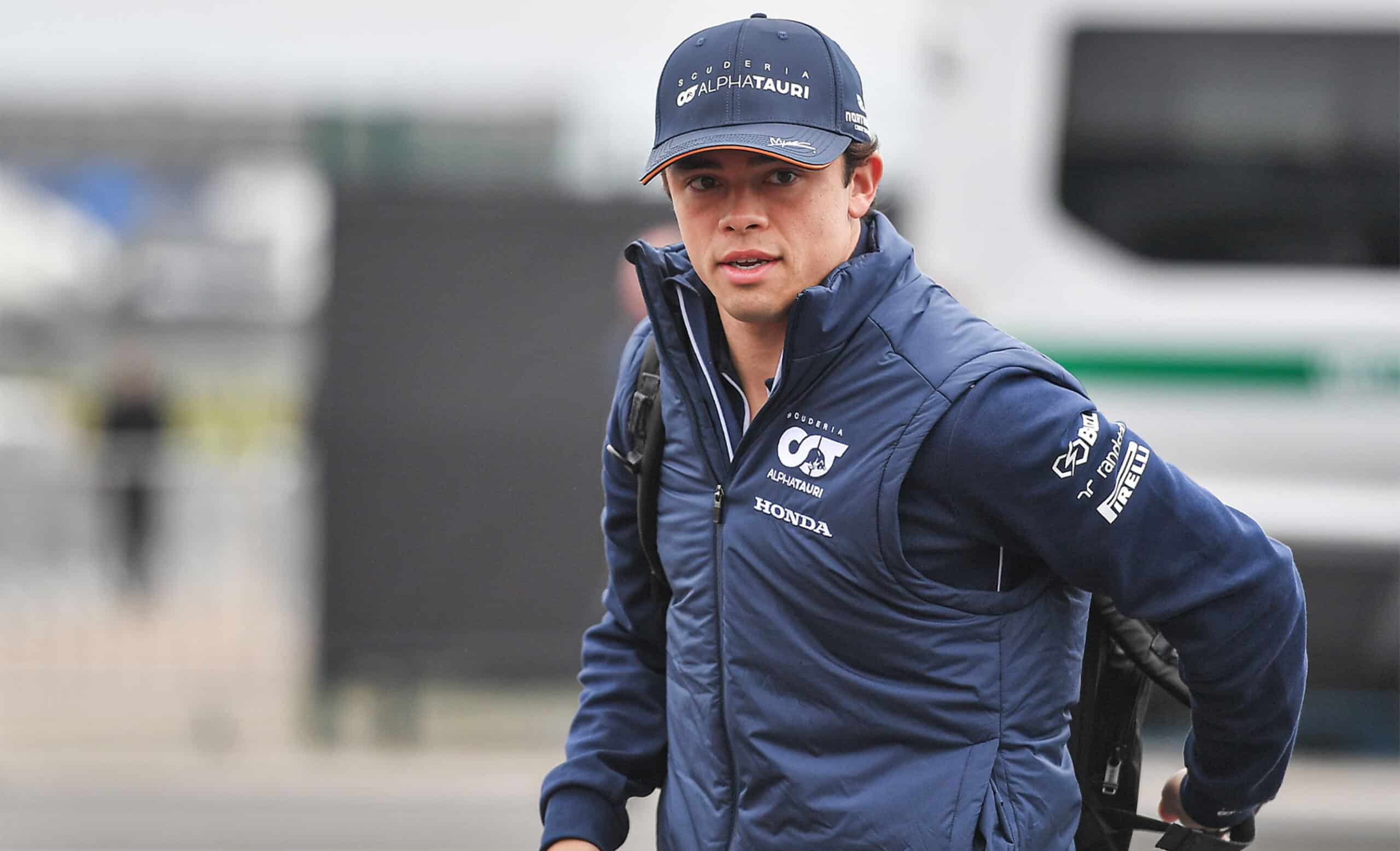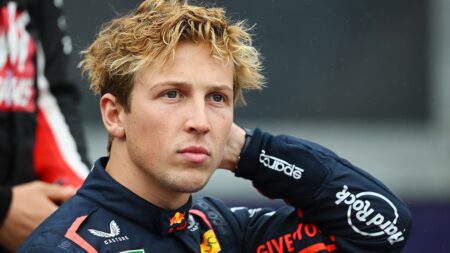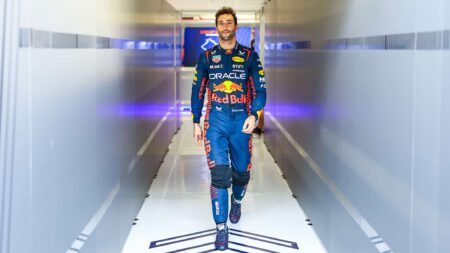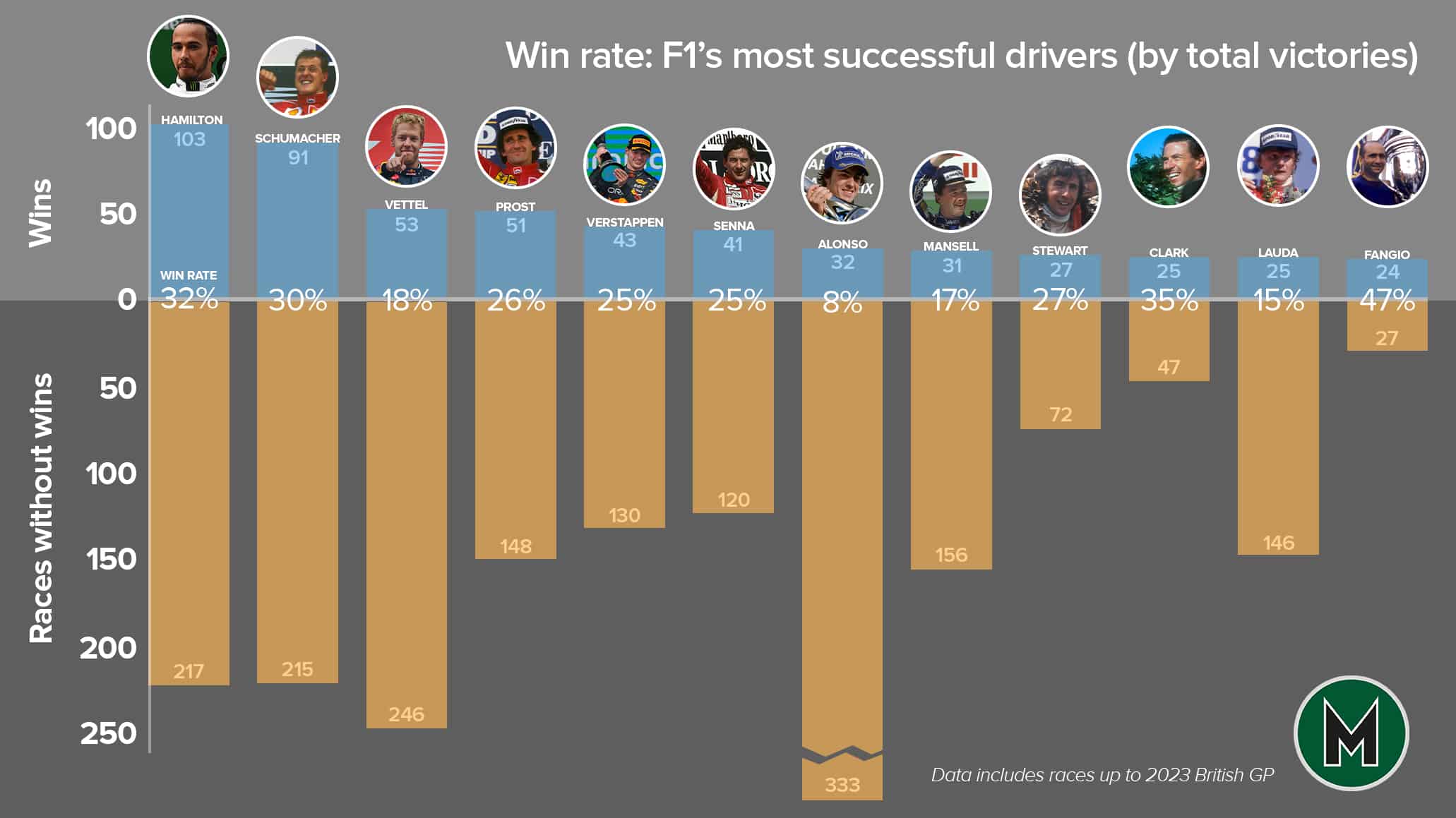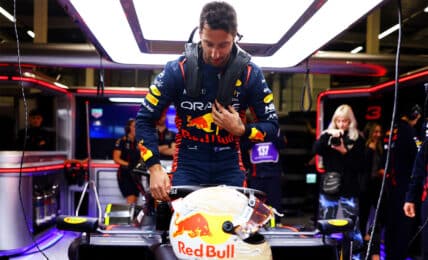Did De Vries deserve to be sacked? Not in my book, no. With so little pre-season testing nowadays, and none at all in-season, a rookie (yes, I know he raced for Williams in the Italian Grand Prix last year, thank you, dear pedants, but he is still as-near-as-dammit a rookie) needs more than 10 grands prix before he should be cast aside, especially when he has been racing a car as trickily mediocre as the AlphaTauri AT04.
At the time of his ousting, De Vries trailed his team-mate Yuki Tsunoda seven-three in qualifying and eight-two in races, which is pretty much what you might expect when you remember that Tsunoda is in his third full F1 season and De Vries was in the first half of his first.
De Vries has looked a bit clumsy at times – his car and Kevin Magnussen’s have recently appeared to be fitted with magnets unerringly attracted to each other – and, knowing Nyck as I do, I think that that clumsiness was born of an intense desire to perform, exacerbated by a growing desperation engendered by a gnawing fear that his card was being marked (or Marko’d).
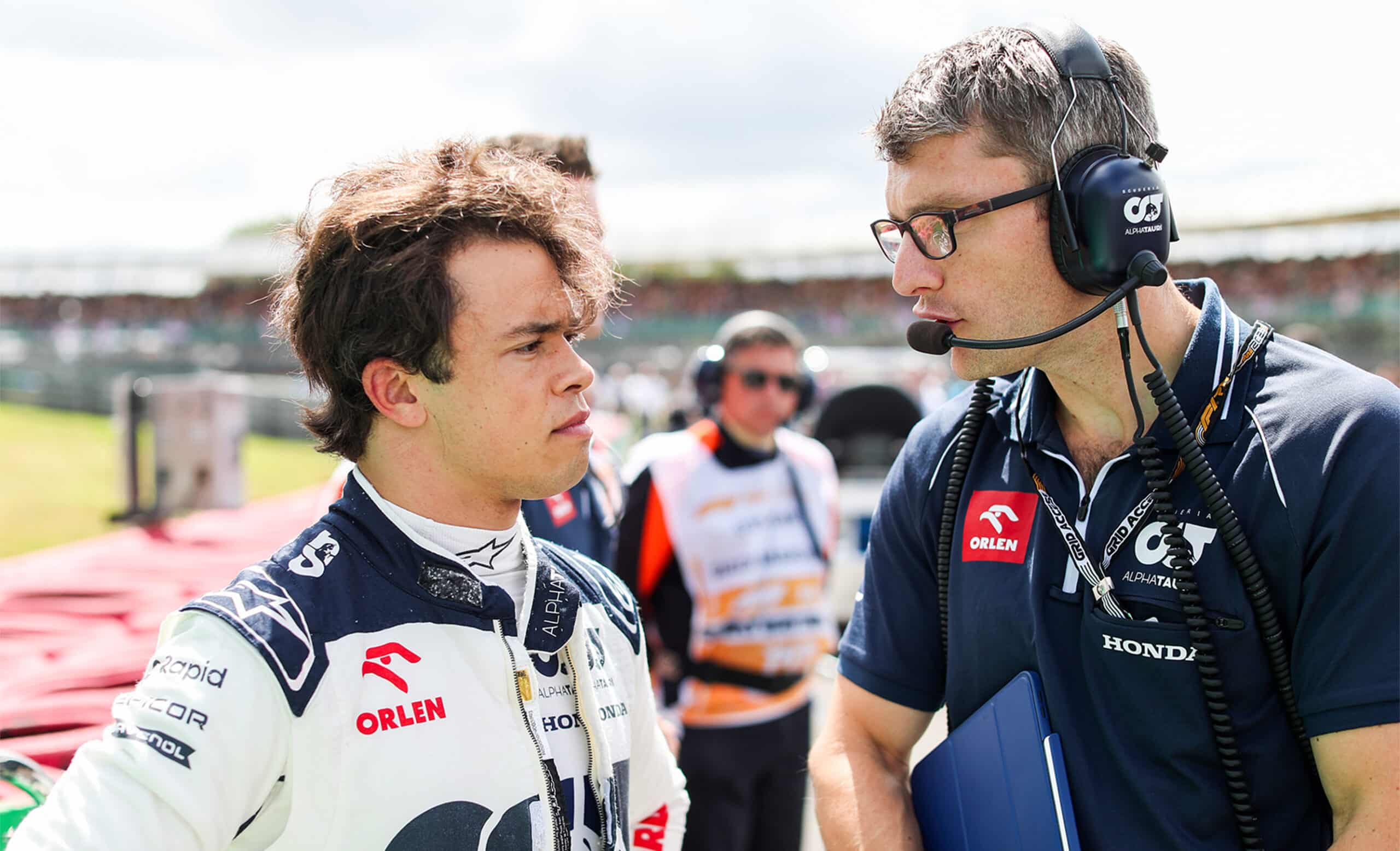
De Vries’ struggles continued at the British GP – finishing behind his team-mate in the race and qualifying
Indeed, Helmut Marko, whose job title of adviser risibly underplays the power he exerts within both AlphaTauri and Red Bull, was typically blunt when quizzed by media about the decision: “We saw no improvement [in De Vries]. We had to do something. Nyck is a very nice guy, but the speed just wasn’t there, so why wait?”
The truth may be that Marko – and Christian Horner – are concerned about the iffy recent form of Checo Perez in their A-team, and want to give Daniel Ricciardo a few grands prix for AlphaTauri early enough that they can either promote him to said A-team for next year or, if it turns out that he is not as good as he once was, cast their net wider. Perez may of course redeem himself, but he needs to get his skates on.
